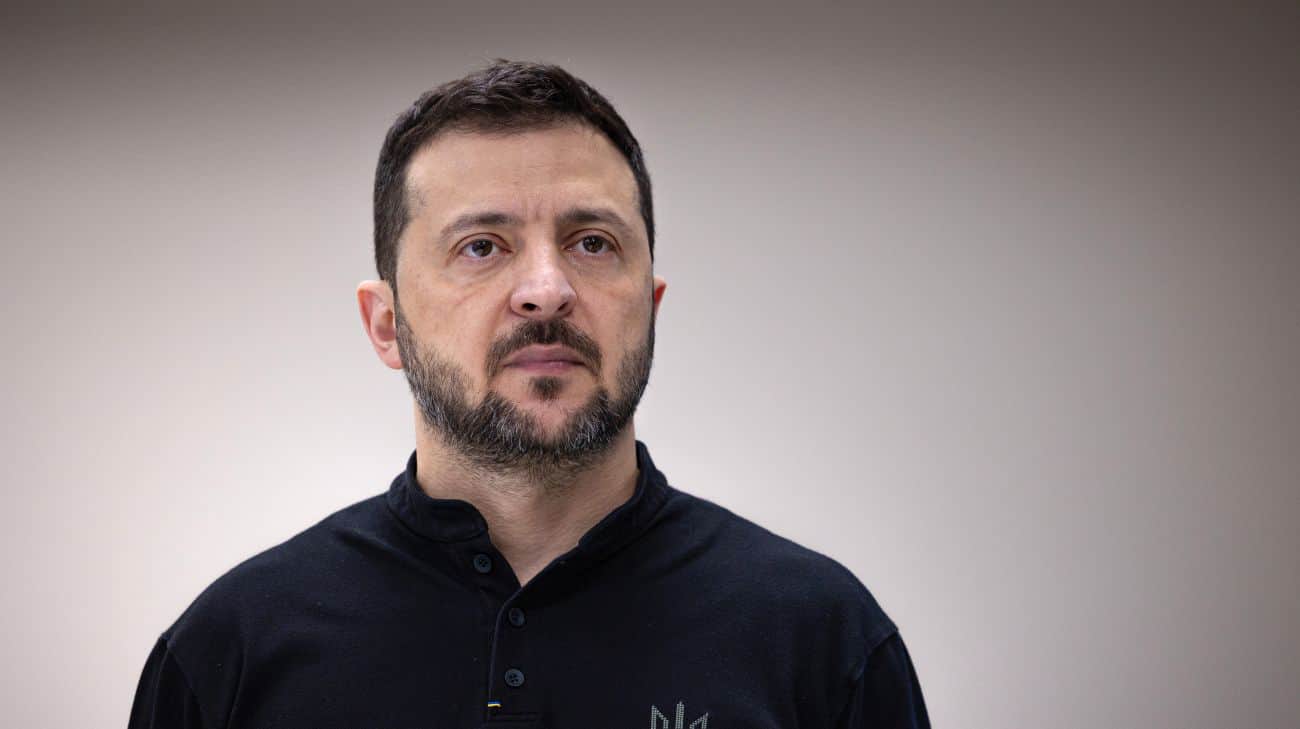In Italy, two days of referendum to facilitate naturalization and restrict the liberalization of work – Liberation

For two days, these Sunday, June 8 and Monday, June 9, Italy has an appointment with the ballot boxes. Italians are called upon to referendum On two measures: one of them aims to facilitate the obtaining of nationality, while the other referendum relates to the abolition of laws liberalizing the labor market.
The Italian government in place, which is opposed to these two changes, however called to refrain in order to invalidate the result of the vote because, for the result of the vote to be valid, the participation must exceed 50 %.
For the first measure, Italians must look at the naturalization process: at present, a non -European resident without marriage or blood with Italy must live in the country for ten years before being able to ask for naturalization, a process which can then take years. The proposal, subject to referendum, then proposes to reduce this period to five years, which would align Italy to Germany and France.
Supporters of the « yes » claim that up to 2.5 million people could benefit from this reform, supported by the Democratic Party (PD, Center left), the main opposition force. The initiative of this referendum, coming from opposition parties and NGOs, had collected more than 500,000 signatures in September, as required by law.
Prime Minister Giorgia Meloni, Cheffe of the Fratelli Party of Italia (extreme right), coming to power in 2022 based on an antimigrant program, said it was « Absolutely against » This measure. For Giorgia Meloni, the current nationality law is « Excellent » And « Very open ». « We are one of the European nations with the greatest number of naturalizations »she said on Thursday. According to Eurostat, Rome granted Italian nationality in 2023 to 213,500 people, a fifth of naturalizations in the European Union.
In March, the Government had already limited access to naturalization by blood link, making only foreigners eligible with grandparents or Italian parents, while before, ancestry could go back to the great-great-grandparents. But even if the yes prevails, the rule which provides that children born in Italy of foreign parents cannot ask for nationality before being 18 years old will remain unchanged.
Very popular in the country, rapper Ghali, born in Milan of Tunisian parents, urged his fans to vote. « Some were born here, have lived here for years, (…) feel Italian in all respects, but are not recognized as citizenshe denounced on Instagram, calling for voting yes to the referendum. We ask that five years of life are sufficient (…) to be part of this country. ”
Second change in play: Italians are called upon to decide, always by referendum, on a proposal to abolish four laws of liberalization of the labor market, a consultation wanted by the CGIL union (left), the main union confederation of the country, which also collected the 500,000 signatures necessary for the holding of the ballot.
The union hopes to restore protection measures against precarious contracts, layoffs and accidents at work that had been abolished in the past. « We want to overthrow a culture that has prevailed the interests of companies on those of workers »says Maurizio Landini, secretary general of the CGIL.
The Democratic Party supports this change, although training has adopted some of the measures proposed to the suppression when it was in power. Some had thus been set up by the former head of government Matteo Renzi.








